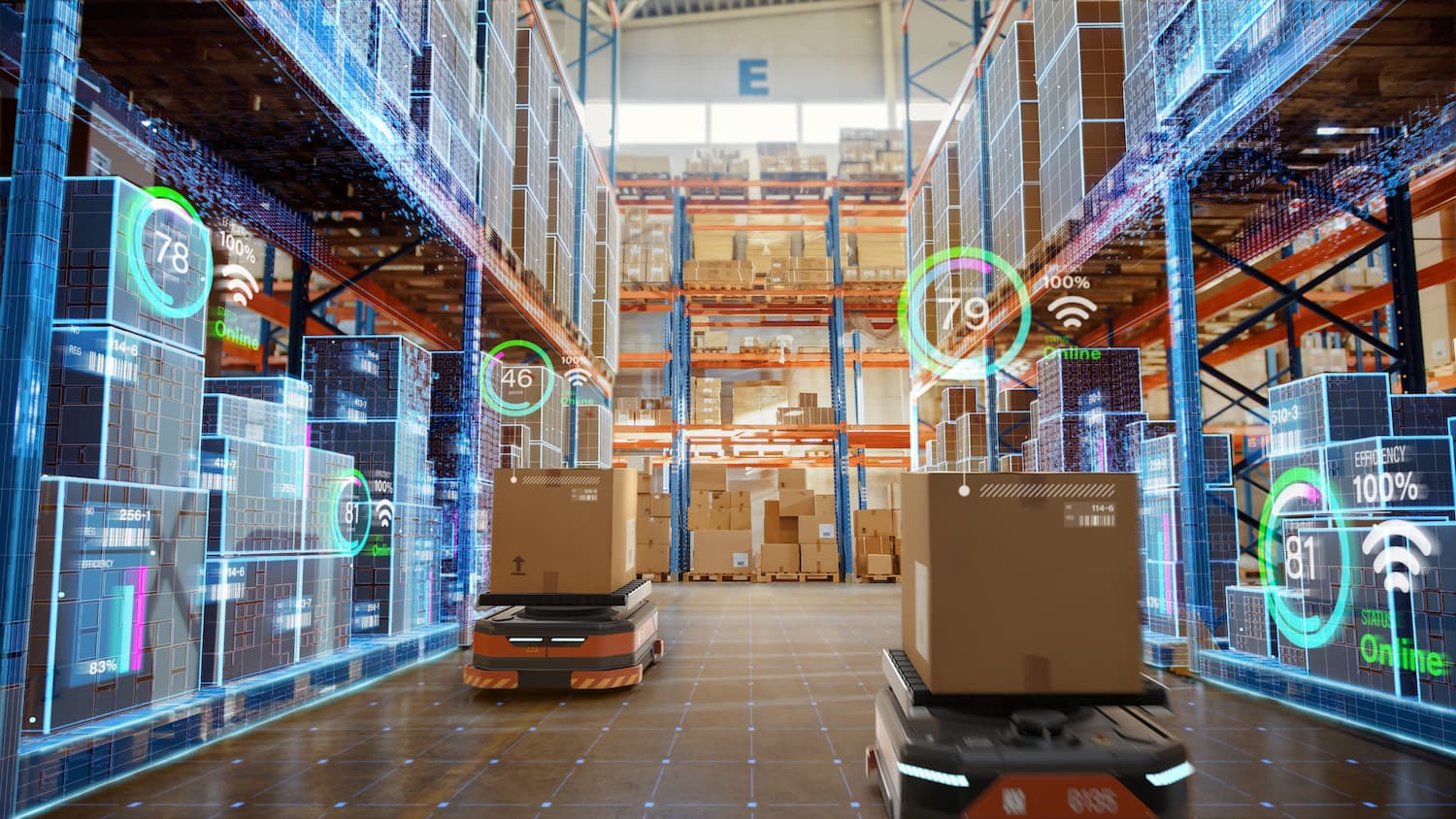A forum titled "ESG technologies and AI applications" organized by DIGITIMES on Jan. 26 in Kaohsiung explored how technology can empower businesses to achieve supply chain carbon reduction.
With 80% of global corporate carbon emissions originating from the supply chain, reducing supply chain emissions has become an inevitable issue for businesses.
The forum featured a presentation by Wistron on its TrendEngine, an AI audit application; while Alfa Laval, a leading engineering solutions provider, shared digital carbon reduction technologies in the heating and cooling sector.

Decarbonizing supply chain has become the focus of attention for businesses. (Photo: iStock)
Wistron uses AI to streamline ESG evaluation process
According to the Global Enabling Sustainability Initiative (GeSI) report, the use of digital technology could help reduce 12.1 billion tonnes of CO2 equivalent (CO2e) by 2030, equivalent to 9.7 times the emissions of the ICT industry.
Wistron, which has been actively positioning itself in the sustainable supply chain, launched TrendEngine in October 2023, incorporating AI technology to provide one-stop services, including supply chain ESG evaluation, carbon inventory, and product carbon footprint calculations for companies in Chinese-speaking countries. This solution not only reduces the amount of manpower required for audits but also ensures consistency in the audit process, enhancing cost-effectiveness.
Li Chung-ping (李仲平), Wistron's senior manager, said that in the past, discussions on supply chain management in companies revolved around "quality, cost, delivery, and service (QCDS).” Nowadays, achieving ESG in the supply chain has become a key focus for companies.
TrendEngine assists companies and suppliers in auditing and producing sustainability reports through three management dimensions: sustainability standards, management mechanisms, and risk identification, he said.

Chung-ping Li shares how TrendEngine can help companies evaluate their supply chain risks. (Photo: Nana Chen)
According to Li, TrendEngine integrates the audit projects required for sustainability reports and customizes questionnaires based on the company's needs; and then the "AI assistant" identifies key content, reviews the questionnaires, generates risk identification results, provides qualitative reliability scores, and allows stakeholders to access the information.
Pan Wen-chi (潘玟錡), Wistron's senior manager, said that TrendEngine utilizes AI crawlers to collect public data from government websites, keeping companies up to date with rapidly changing international sustainability standards.
Currently, the platform is available in traditional Chinese, simplified Chinese, and English, and caters primarily to clients in the technology and manufacturing sectors. In response to numerous requests, a Vietnamese version will be introduced next.
Alfa Laval reduces heat exchanger energy consumption with AI
Swedish company Alfa Laval specializes in heat transfer, centrifugal separation, and fluid handling technologies, boasting over 100 years of history, allowing it to leverage its data advantage to provide customers with optimal equipment performance assessments.
Huang Qi-ting (黃祺庭), manager of Alfa Laval's service business unit, shared the net-zero application of heat exchangers in factories.
Alfa Laval's AI energy-saving technology involves installing temperature and pressure sensors at both the inlet and outlet of the heat exchanger, then adding a Bluetooth system that uploads the data to the main cloud so that customers can monitor equipment lifespan, performance, and operating status to determine optimal maintenance timing and maximize energy savings with maximum return on investment (ROI), Huang said.

Huang Qi-ting explains the operation of Alfa Laval's AI monitoring system for heat exchangers. (Photo: Nana Chen)
Huang added that there are over 40,000 heat exchangers in the industrial sector in Taiwan, 60% of which need redesign or optimization. If these heat exchangers are equipped with AI assistants, it is estimated that 2 billion kWh of electricity can be saved annually, equivalent to reducing 1 million tonnes of carbon emissions.
For instance, Alfa Laval saved 2.7 GWh for a Taiwanese electronics manufacturer in 2022, which is equivalent to saving five to 5-6 million New Taiwan Dollars a year in electricity costs.
Alfa Laval has announced a partnership with the Swedish steel supplier SSAB to launch the world's first heat exchanger made from fossil fuel-free steel.
To achieve net-zero steelmaking, SSAB will produce hydrogen produced from water and use green hydrogen for steel production.
Meanwhile, Alfa Laval plans to expand the use of net-zero steel made from recycled steel as the raw material for heat exchangers, aiming to promote a carbon-neutral global steel supply chain.




